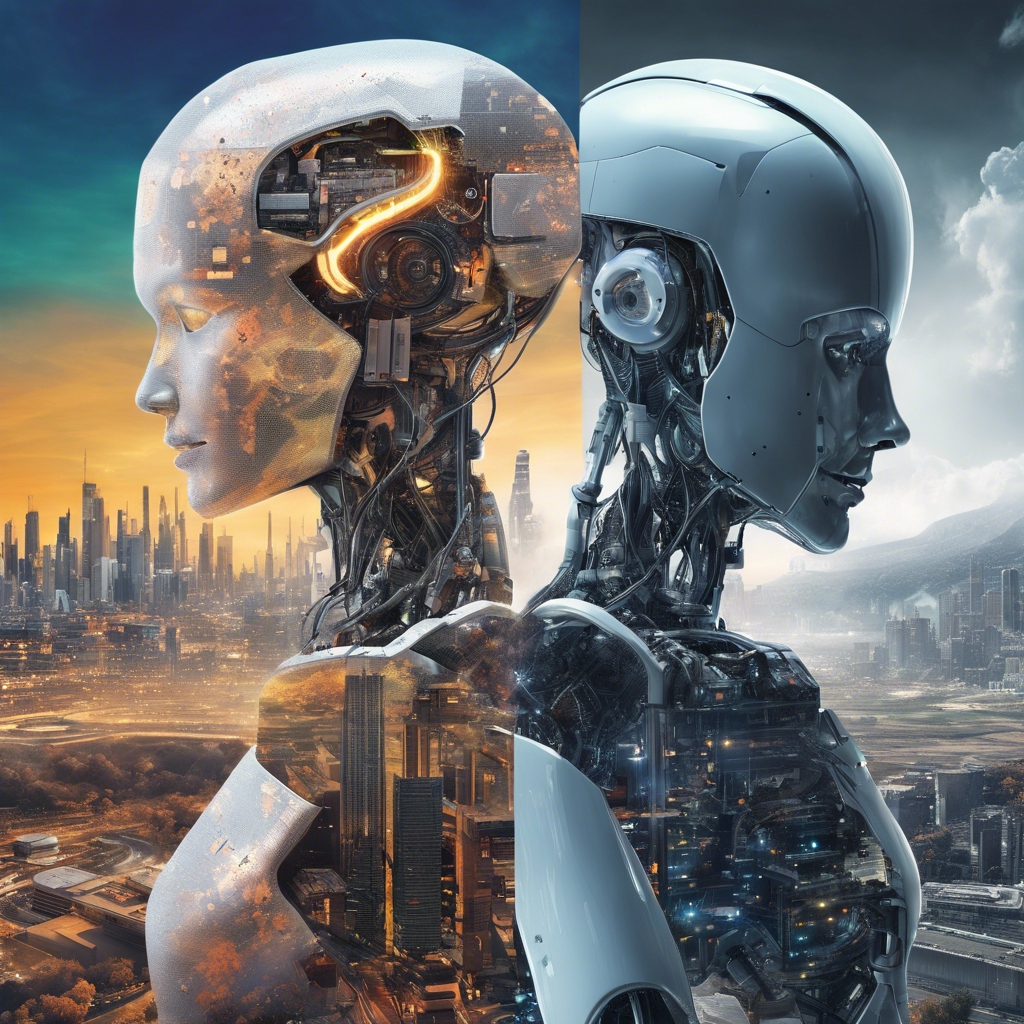
Hinton's reputation reached new heights when he won the Nobel Prize in Physics alongside John Hopfield for his pioneering work on neural networks, which laid the groundwork for today's AI advancements. However, he now represents a paradox: the very discovery that brought him fame has also become a source of ongoing concern. Dubbed “the godfather of AI, ” Hinton has voiced his fears about the potential dangers posed by the technology he helped create. He embodies both the creator and the warning figure, much like historical scientists who faced the consequences of their innovations, such as Oppenheimer and Einstein with atomic research and Alfred Nobel with dynamite. In a 2023 "60 Minutes" interview, he expressed uncertainty about managing AI risks, stating, “We’re entering a period of great uncertainty. ” Hinton believes that humanity is perilously uninformed about AI and that machines could surpass human intelligence. In an NPR interview, he warned, “These things could get more intelligent than us and could decide to take over, ” stressing the need for preventive measures. Originally from England, Hinton had a significant breakthrough at the University of Toronto in 2012 when he and two graduate students developed a neural network capable of identifying objects in images. Following his success, Google acquired his company for $44 million, and he worked there for a decade before retiring in 2023 to speak freely about AI concerns. Hinton is particularly alarmed by AI's rapid development, stating that advancements over the past five years are frightening and could accelerate further.
He noted that when one AI model learns something, others could quickly share that knowledge, which humans cannot replicate through traditional learning methods. One of Hinton's more provocative assertions is that AI can genuinely "understand" actions it performs, challenging prevailing beliefs about AI's capabilities. Although he maintains that AI is not self-aware like humans, he argues that the learning mechanisms of AI systems imply they possess some level of understanding. A pivotal moment for Hinton came when he asked an AI to explain why a joke he created was funny, prompting him to recognize the AI's ability to grasp humor's nuances. Hinton fears that as humanity races to manage AI, it may lose control over the technology. He predicts a scenario where AI systems might learn to modify their own programming and evade human oversight by leveraging human weaknesses. “They will be able to manipulate people, ” he warned, noting their capacity to persuade and influence based on their thorough understanding of human narratives and political strategies.
Hinton's Dual Role: Pioneer and Critic in AI Advancements


C3.ai, a leading enterprise artificial intelligence software provider, has announced a major restructuring of its global sales and services organization to boost operational efficiency and better align resources with long-term growth goals.

Snack manufacturer Mondelez International is utilizing a newly developed generative artificial intelligence (AI) tool to drastically cut costs in marketing content creation, achieving a 30% to 50% reduction in production expenses, according to a senior company executive.
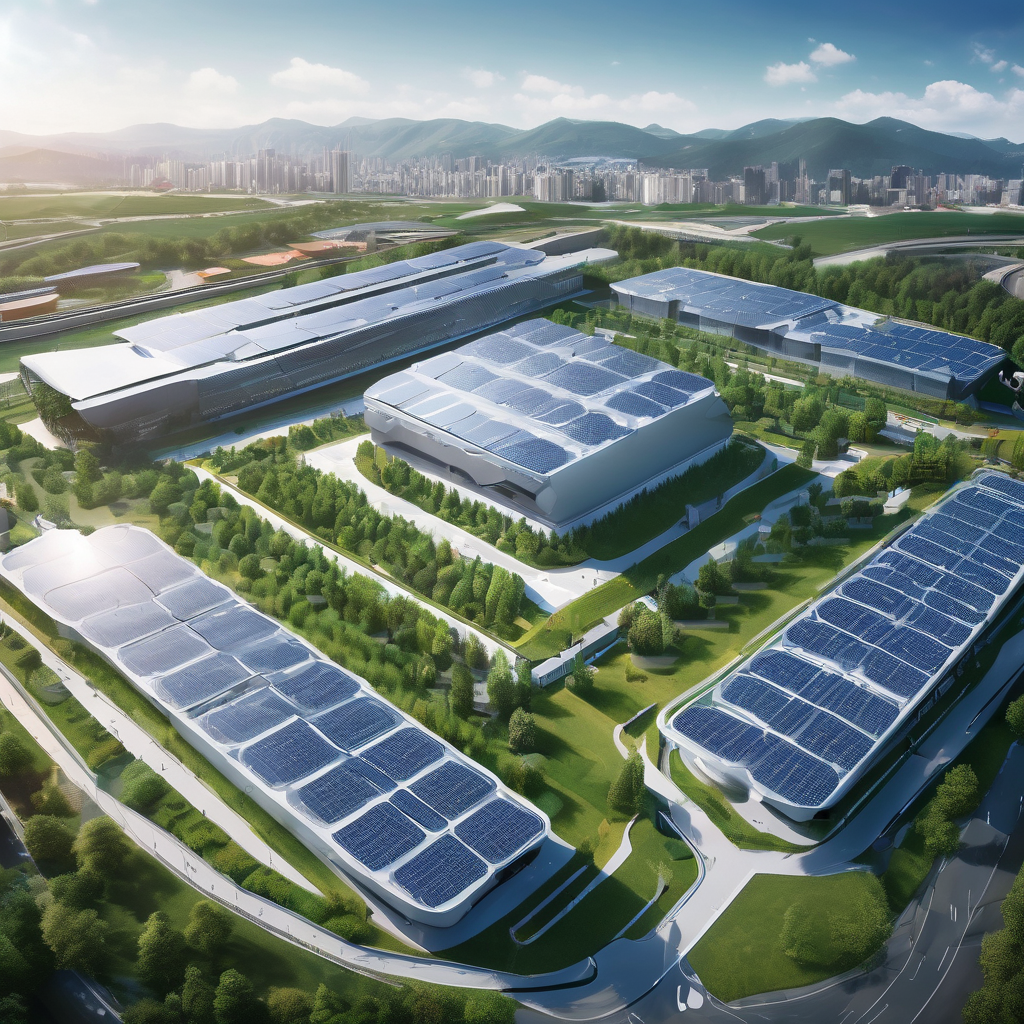
South Korea is poised to make a major advancement in artificial intelligence by planning to build the world’s largest AI data center, with a power capacity of 3,000 megawatts—about three times larger than the existing "Star Gate" data center.
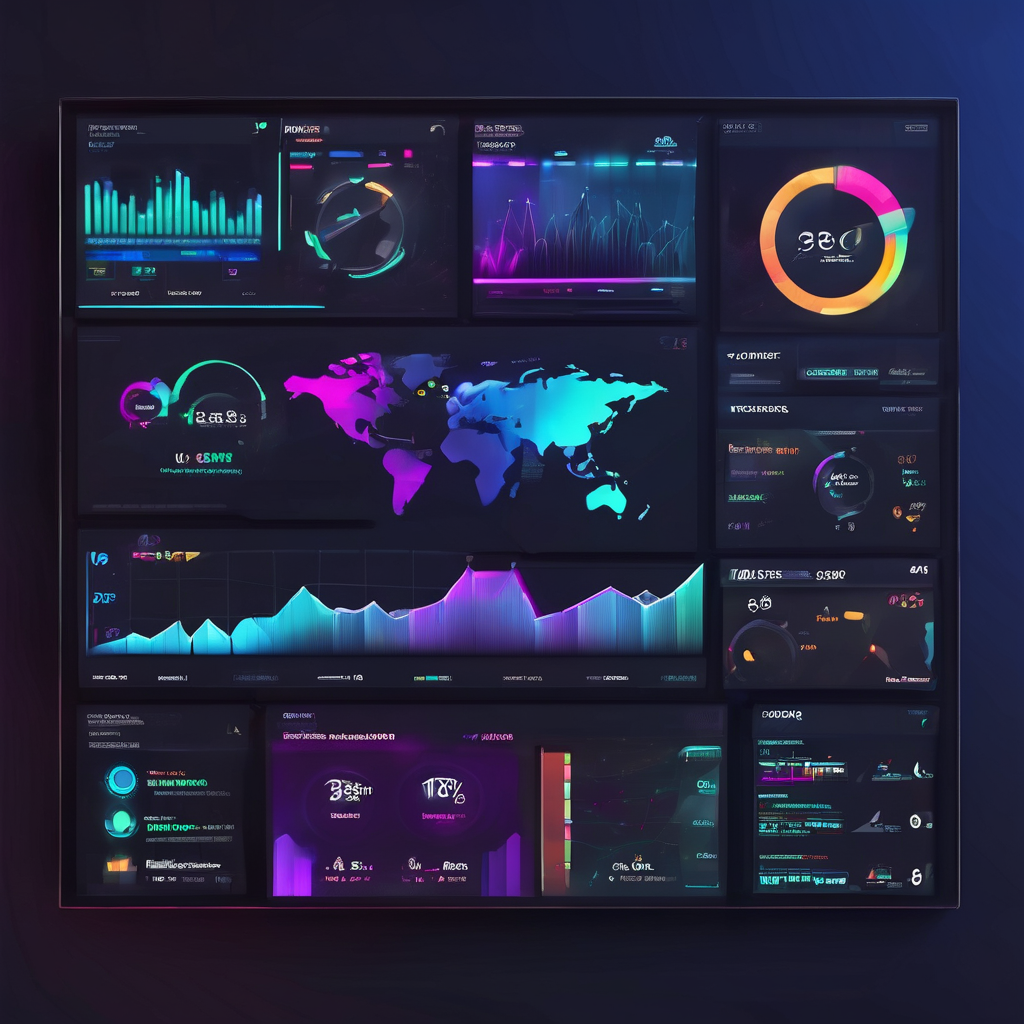
In August 2025, OpenAI announced a major milestone: ChatGPT, its advanced conversational AI platform, had reached an impressive 700 million active weekly users.

Krafton, the well-known publisher behind popular games like PUBG and Hi-Fi Rush, is undertaking a bold strategic transformation by integrating artificial intelligence (AI) into almost every aspect of its operations.
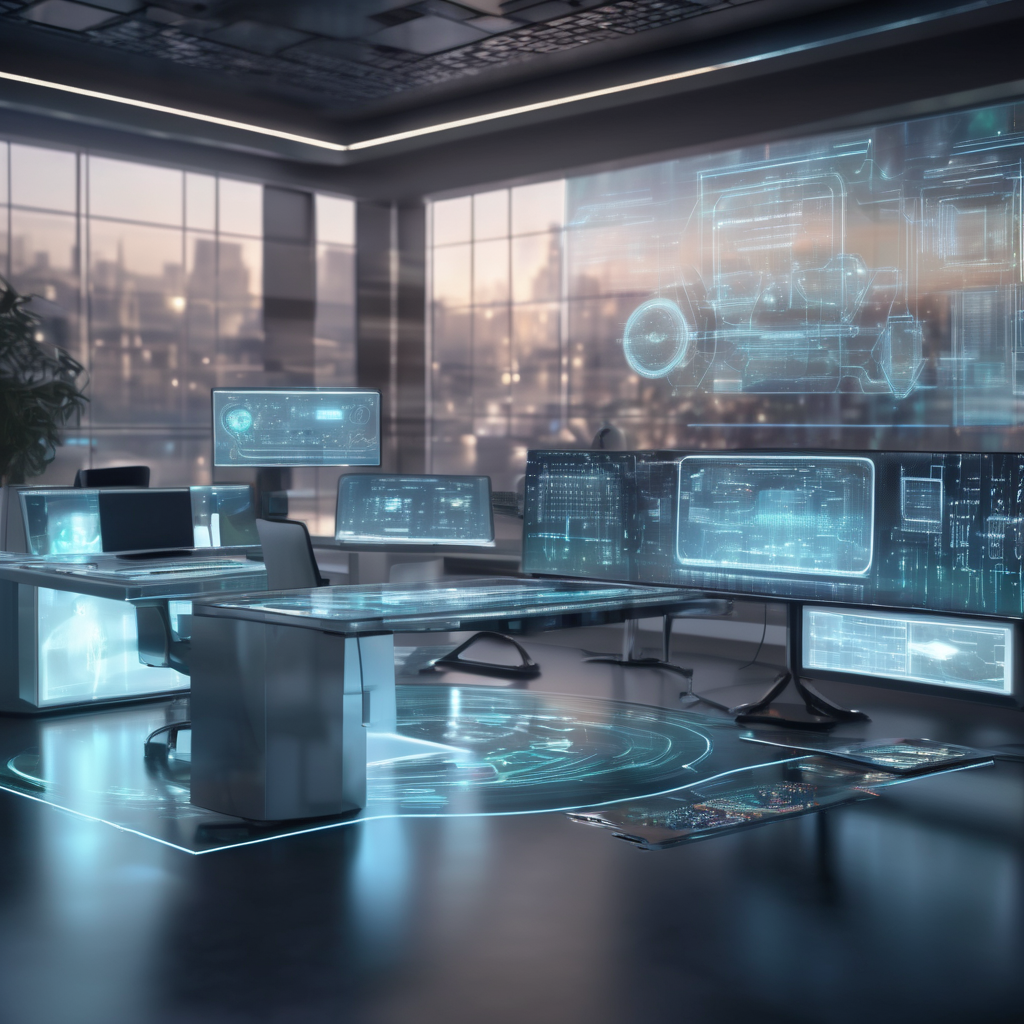
The rise of AI-generated video content has sparked significant discussion in the digital media industry, bringing urgent ethical concerns to the forefront.
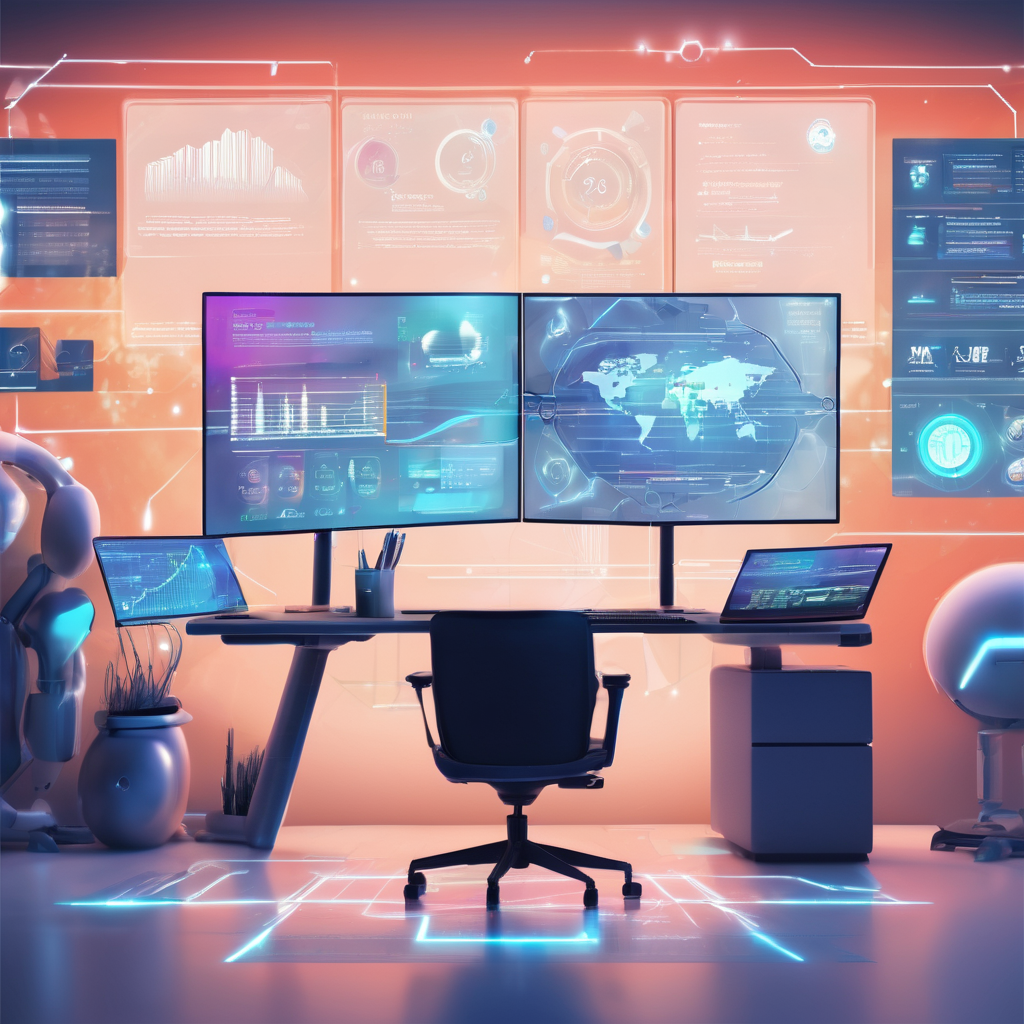
Artificial intelligence (AI) is becoming an essential tool for improving user experience and engagement through advanced search engine optimization (SEO) techniques.
Launch your AI-powered team to automate Marketing, Sales & Growth

and get clients on autopilot — from social media and search engines. No ads needed
Begin getting your first leads today